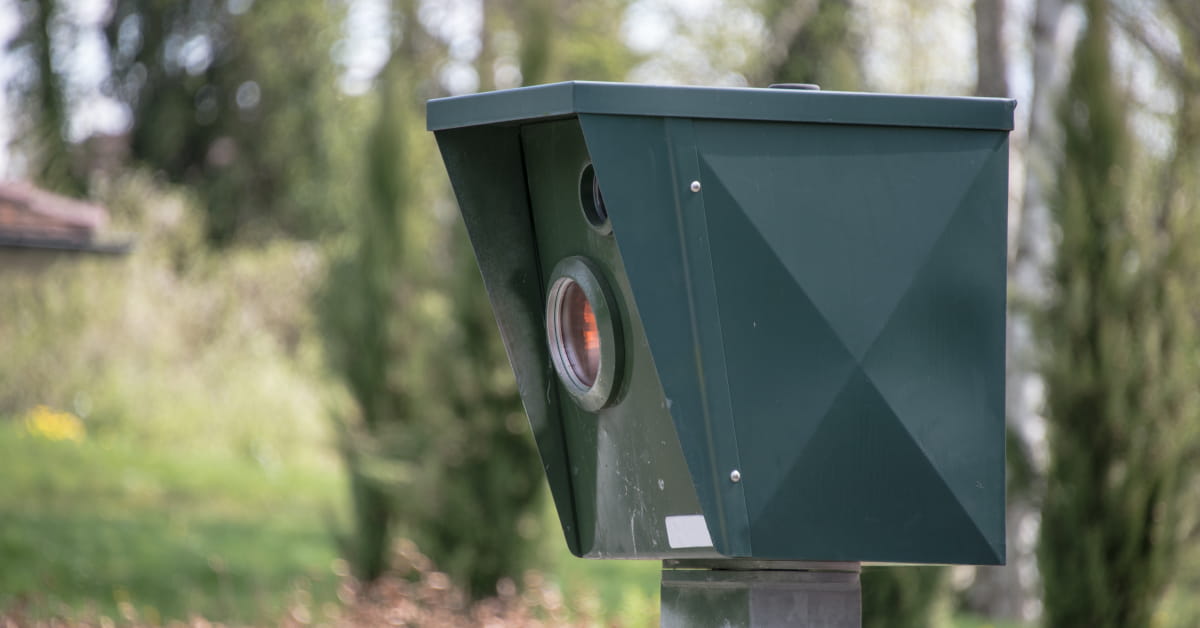Proposed Law Would Ban Automated Speed Cameras in Iowa
Feb 02, 2024 • 13:04

Ban ’em.
The new bill moving forward in the House would do two things, including banning handheld use of a cell phone while driving, and ban automated traffic cameras used to enforce traffic laws.